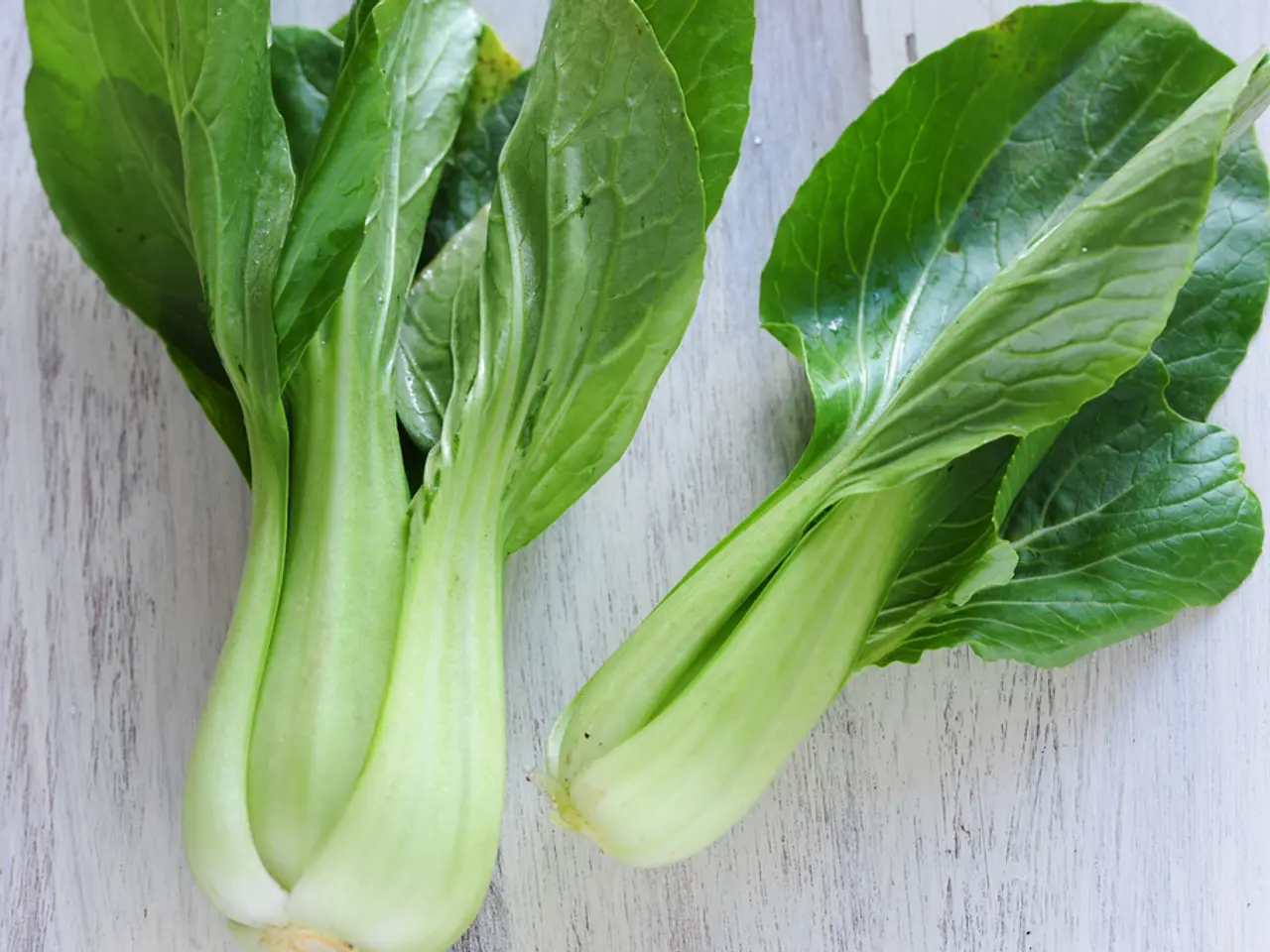Exploring the Spicy Heat: Is Horseradish Good for Health? A Probing Inquiry
Horseradish, a pungent condiment commonly used in sauces and dressings, has a rich history dating back to ancient civilizations such as the Egyptians, Greeks, and Romans. This humble root vegetable, despite its name, is not consumed by horses, but has been valued for its medicinal properties for centuries.
Horseradish belongs to the mustard family and contains the compound sinigrin, a glucosinolate. This compound has been found to have potential antibacterial and antioxidant properties. Studies have shown that horseradish may have antibacterial action due to the presence of allyl isothiocyanate, a compound derived from the breakdown of glucosinolates.
One of the most intriguing potential health benefits of horseradish is its ability to help soak up pollutants from bad soil. Antioxidants found in horseradish may aid in this process, making it a promising candidate for phytoremediation, a process that uses plants to clean up contaminated soil.
Horseradish may also potentially have anti-inflammatory effects. Sinigrin, the compound found in horseradish, has been found to suppress white blood cells (macrophages) that trigger inflammation in the body. This could have implications for individuals with health problems related to inflammation, such as those with Crohn's disease.
Another potential benefit of horseradish is its impact on the respiratory system. Its pungent smell and spiciness have been used as a remedy for the common cold since ancient times. More recent studies have backed up this reputation, suggesting that horseradish might help during colds due to its spiciness.
Potential cancer-fighting properties are another area of interest when it comes to horseradish. Test tube studies using horseradish compounds have found that they might halt the growth of colon, lung, and stomach cancer. Additionally, research from 2020 found a 52 percent reduced risk of breast cancer among females who ate a diet high in root vegetables, including horseradish.
However, it's important to note that while these studies are promising, more research is needed to demonstrate and prove the relationship between horseradish and healthy digestion, cancer prevention, and other potential health benefits.
Horseradish is not just a condiment; it can also be used in cooking. Recipes are available for cooking with horseradish, expanding its potential uses beyond just a sauce or dressing.
A 2006 study of folks taking a horseradish/nasturtium combo found it to be as effective as an antibiotic when treating bronchitis and acute sinus infections. Similarly, a 2018 study found that allyl isothiocyanate, a compound found in horseradish, may have actions against bacterial nasties including E. coli, H. pylori, and Salmonella.
A 2013 study on isothiocyanates extracted from horseradish found that it showed action against six different types of oral bacteria. This suggests that horseradish may have potential dental benefits as well.
In 2014 and 2020, research found potential antioxidant properties in horseradish. A 2017 study suggests that sinigrin could form the basis of anti-inflammatory medication.
In conclusion, while more research is needed, horseradish shows promising potential in various areas of health, from phytoremediation to potential cancer prevention and antibacterial properties. Whether used as a condiment or incorporated into a meal, this ancient plant could offer more benefits than just a zesty flavour.
Read also:
- Connection Between ADHD and Trauma?
- West Nile Virus detected in Kentucky for the first time; authorities advise locals to adopt safety measures
- "Living at such a rapid pace and taking on so many responsibilities may be beyond our natural limits"
- Enhancing Key Practices: Emphasizing Women's Physical Well-being and Intelligence





